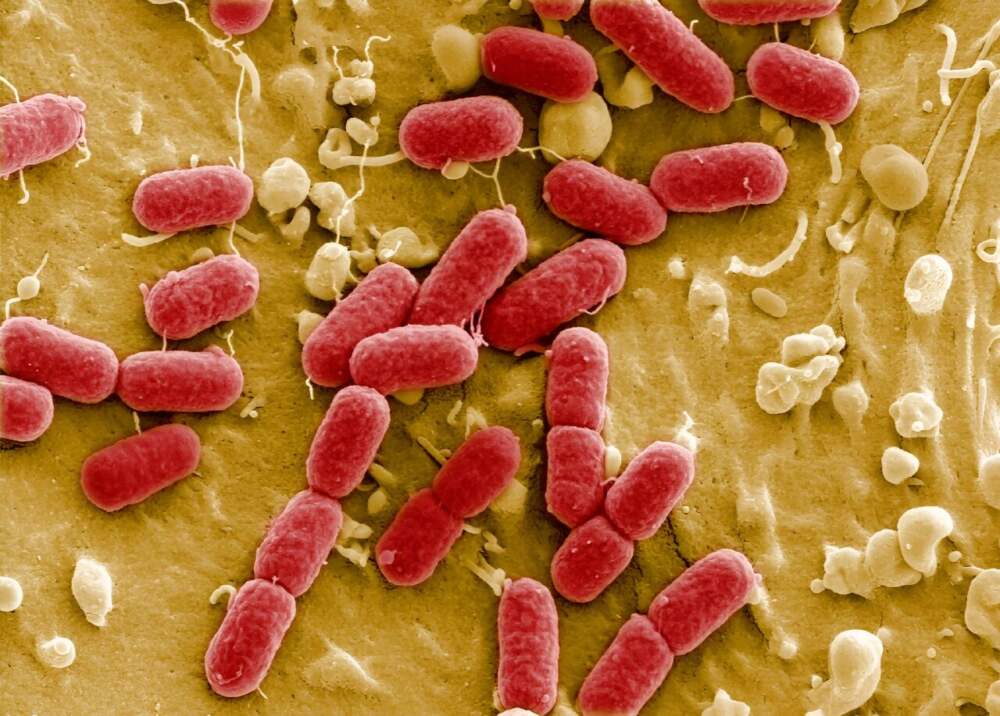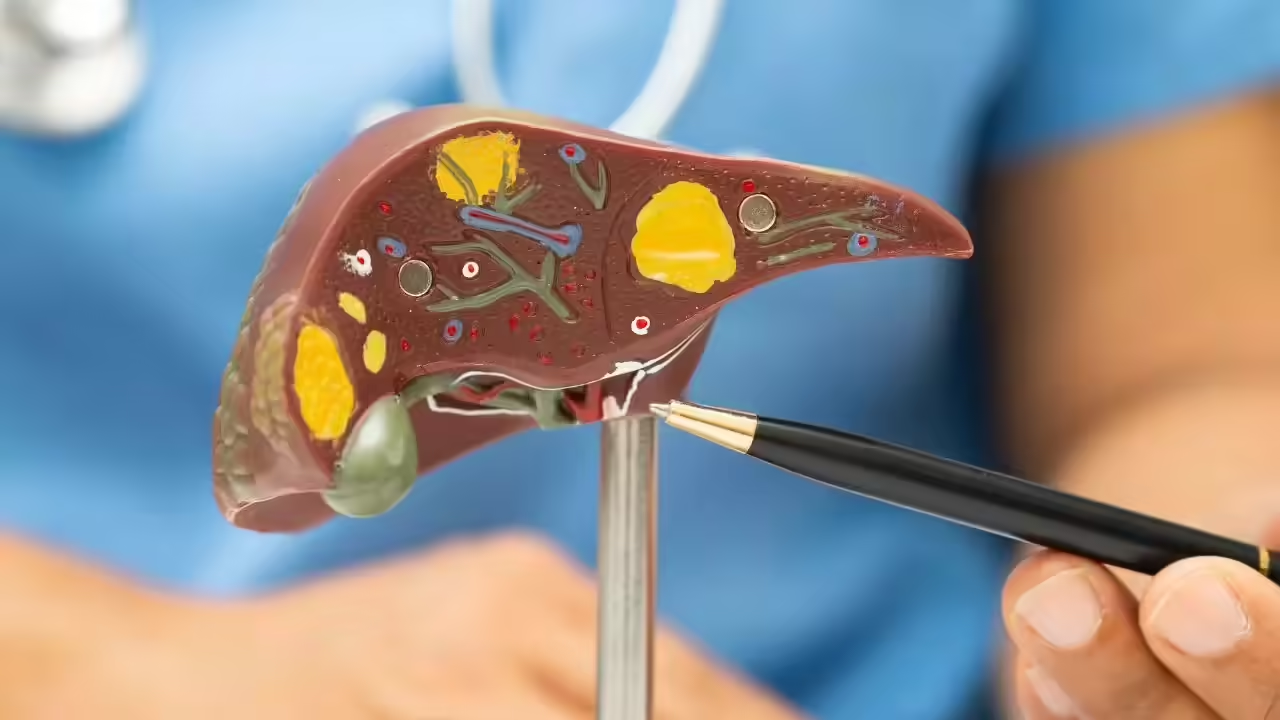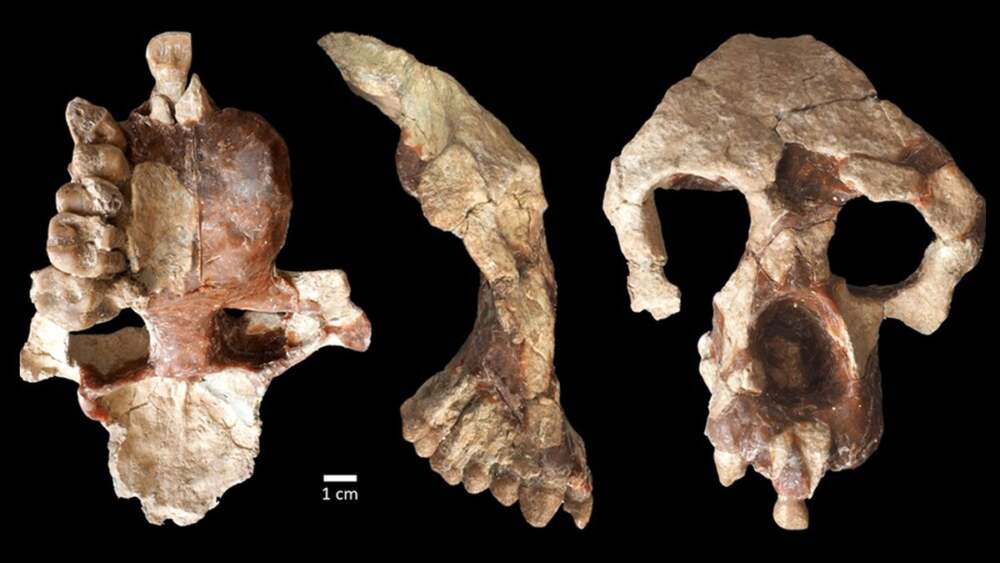A groundbreaking study from Harvard University, in collaboration with Ben-Gurion University and the University of Leipzig, has identified a diet that may slow brain aging. The study, published in Clinical Nutrition, highlights the potential benefits of the green-Mediterranean diet in promoting brain health.
🥗 What Is the Green-Mediterranean Diet?
The green-Mediterranean diet is an enhanced version of the traditional Mediterranean diet. It emphasizes the consumption of polyphenol-rich foods, including green tea and Mankai—a type of aquatic plant known as duckweed—while reducing intake of red and processed meats. This dietary pattern aims to provide anti-inflammatory compounds and antioxidants that support brain function.
🧬 Study Design and Findings
The research involved nearly 300 participants who followed one of three dietary patterns over 18 months:
- Standard Healthy Diet: A balanced diet with general health guidelines.
- Traditional Mediterranean Diet: Low in simple carbohydrates, rich in vegetables, and replaced red meat with poultry and fish.
- Green-Mediterranean Diet: Incorporated green tea and Mankai, along with the elements of the traditional Mediterranean diet.
Participants underwent brain MRI scans and blood tests to assess brain health and protein markers associated with cognitive function. The results indicated that those following the green-Mediterranean diet exhibited a slower rate of brain aging compared to the other groups.
🔬 Mechanisms Behind the Benefits
The study identified two proteins—Galectin-9 and Decorin—that are linked to accelerated brain aging. Participants adhering to the green-Mediterranean diet showed a significant reduction in the levels of these proteins, suggesting that the diet may help mitigate factors contributing to cognitive decline.
Researchers propose that the anti-inflammatory and antioxidant properties of green tea and Mankai play a crucial role in these protective effects. Additionally, the diet’s emphasis on reducing red and processed meat intake may further contribute to improved brain health.
🧠 Implications for Brain Health
This study adds to the growing body of evidence supporting the link between diet and brain health. While the green-Mediterranean diet shows promise in slowing brain aging, researchers emphasize the importance of a holistic approach to cognitive health. Regular physical activity, adequate sleep, mental stimulation, and social engagement are also vital components of maintaining brain function as we age.
Incorporating elements of the green-Mediterranean diet, such as green tea and polyphenol-rich foods, may offer a dietary strategy to support brain health and potentially slow the aging process. As always, it’s advisable to consult with a healthcare professional before making significant changes to your diet.
















Leave a Reply